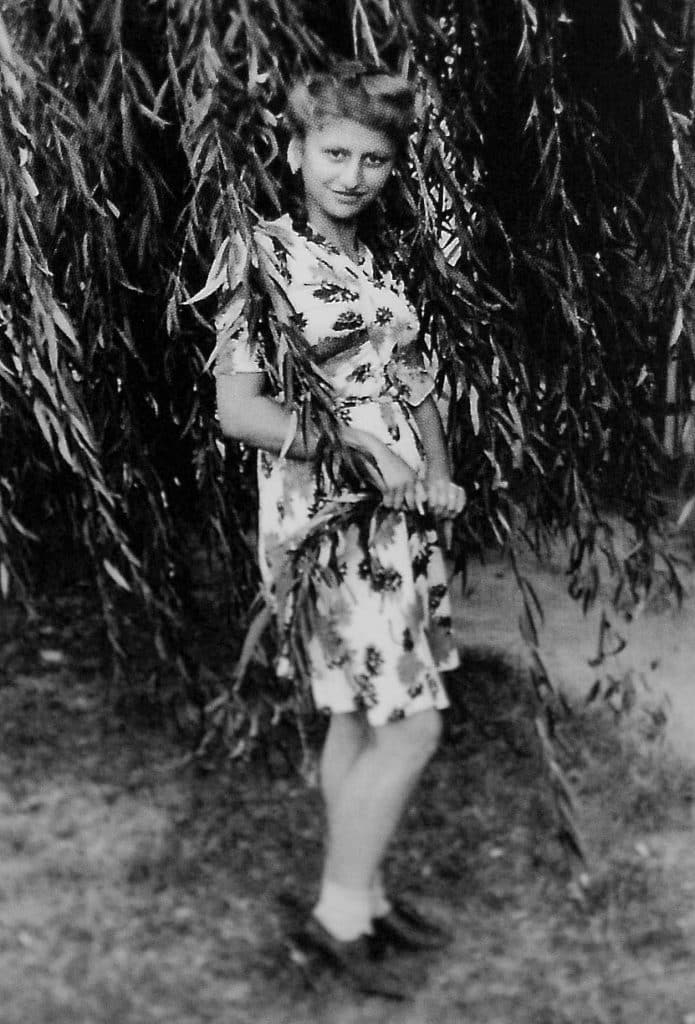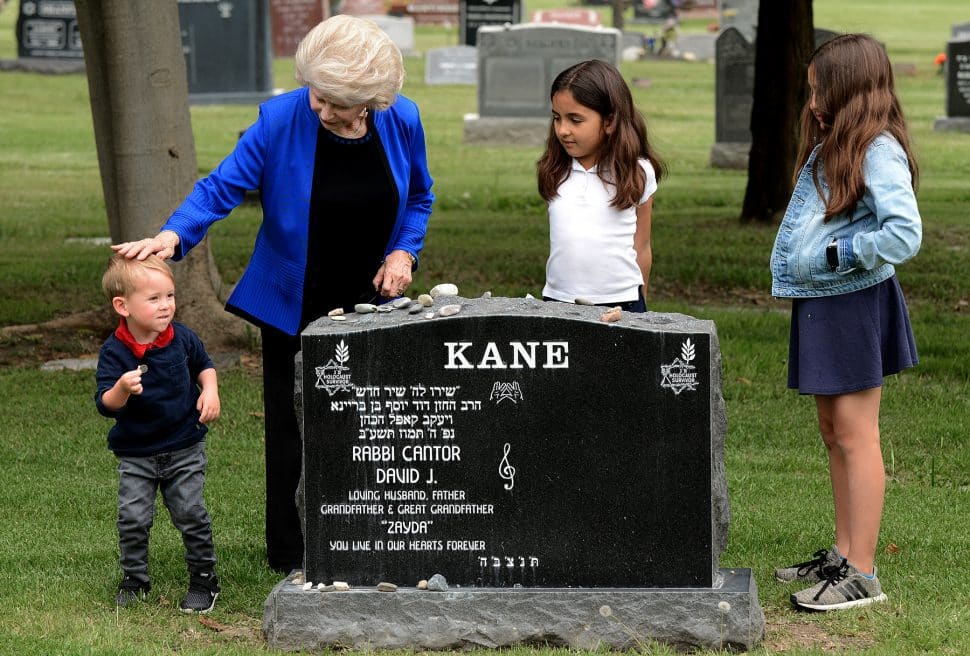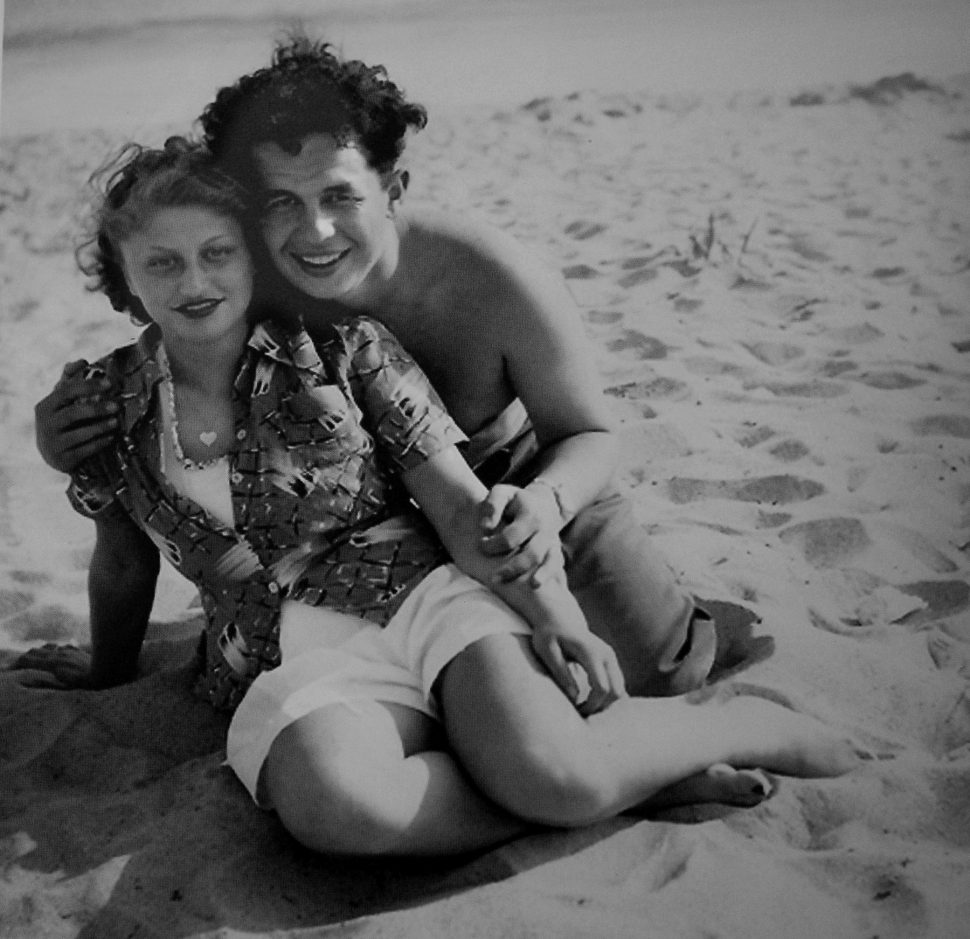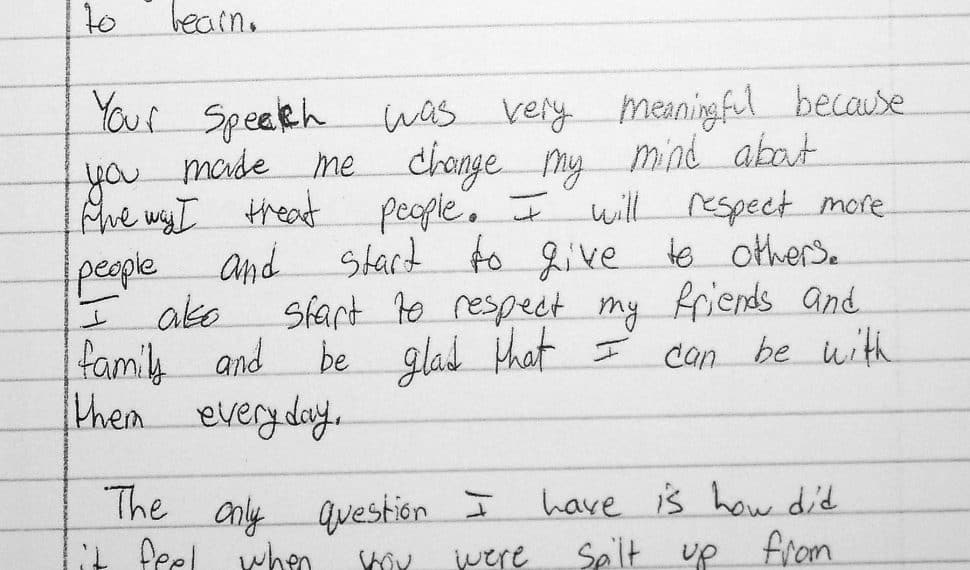Holocaust survivor Yetta Kane paused while trying to come up with words for how she felt about Saturday’s attack at a synagogue in Poway that left one person dead and three wounded.
“I’m angry that people are getting hurt for no reason other than what house of worship they walk into,” she said.
The Long Beach resident, 86, lamented the increasing incidence of violence worldwide, particularly ahead of Holocaust Remembrance Day today.

“These people are killing because they think they’ll get attention and fame. They hate themselves. They’re losers. They are lower than animals. So, who do they pick on—people of other religions, peoples of a different color.”
Thursday is set aside to commemorate the more than six million Jews who were killed by the Nazis in World War II. Kane is the guest speaker at Yom HaShoah Community Observance Sunday at the Alpert Jewish Community Center.
She has made it her life’s mission to educate people about the Holocaust.
She and her family fled their hometown in Poland when the Nazis stormed in and began executing town leaders in 1940. She was 8 at the time.

“Hell broke through into my life on that day and that became my life—hell every day. We were treated like rats,” she said.
With the help of a resistance group known as the Jewish Partisans, her parents and two brothers were able to escape. They were on the run in deplorable conditions for three years until they made it to a collective farm in Siberia, less than 100 miles from the North Pole. Along the way, they staved off starvation by stealing milk from cows and eating food meant for pigs.
“I never knew if I was going to make it through the next day. We were told that if the Nazis are shooting at you keep running and don’t look back. Pray that they will kill you because you will be horribly tortured,” she said.
Kane eventually made it to Southern California in 1949 and met fellow Holocaust survivor David Kane. They were married in 1952. David Kane died in 2012.

Holocaust Remembrance Day.
David Kane also lived in Poland. In 1939, the Germans occupied his home town and all of the Jews were marked with Star of David on their sleeves. They were kicked out of their homes and moved into a ghetto where they were forced into labor or put on a train to Auschwitz.
David and his father escaped and hid in the home of a German family. From there they fled to Hungary but were caught and sent to jail for three months and then they were put on a train to Auschwitz. When Auschwitz became overcrowded, they endured a forced march of more than 500 miles to Buchenwald.

Soon after making it to Buchenwald, an American tank crashed through the fence. Gen. Dwight D. Eisenhower’s infantry had liberated the camp. When Eisenhower arrived, David Kane escorted him to the naked, dead bodies and the piles of skeletons.
Yetta Kane said that educating young people is one of her most important roles. She visited her husband’s grave in Costa Mesa earlier this week with her grandchildren and great-grandchildren. She talked with them about the Holocaust and explained the mitzvah (or good deed) of leaving stones upon the graves of loved ones during a visit.

“When I visit schools the students often ask me if I saw a Nazi in person would I kill him? No, then I’d be as low as an animal as he is,” Kane said. “Only God should decide who shall live and who shall die. If you carry hate in your heart, your life gets poisoned.”
One of Kane’s concerns today is the violent images young people are exposed to every day.
“All of these war video games should be outlawed; they’re corrupting young minds. They sit all day watching these horrible things on their gadgets and then they go on the internet and learn how to hate. Yes, we should have free speech, but there should be a line not to step over,” she said.
Abba Perelmuter, the Rabbi at Shul By The Shore in Long Beach, agrees. Perelmuter says that children are becoming desensitized by the violence in movies and video games.

“Sometimes the children have trouble distinguishing between a character on their smartphone and human in real life,” he said.
“There must be more responsibility from parents to monitor the games their kids are playing and the movies they are watching,” Perelmuter said.
Kane said she gets the most satisfaction when her words touch the souls of the young people.

“Every time I speak it feels like I’ve cut my hand and poured salt into the wound. But when I receive a letter from one of the students I know I am doing what God wants me to do.”
Several of those letters are included in her book, “How To Survive Anything.”
She is still brought to tears by one she received from a high school student several years ago:
It read: “I used to say horrible things about Jewish people just because my friends did, but when you came to our school there was deep regret and guilt in my heart. I feel sorry, but you made me feel like I’ve changed. You changed the way I look at all the people who aren’t like me…you somehow made me find myself again”
Kane will be the guest speaker at a Yom HaShoah Community Observance on 2 p.m. Sunday, May 5, at the Alpert Jewish Community Center in Long Beach.









